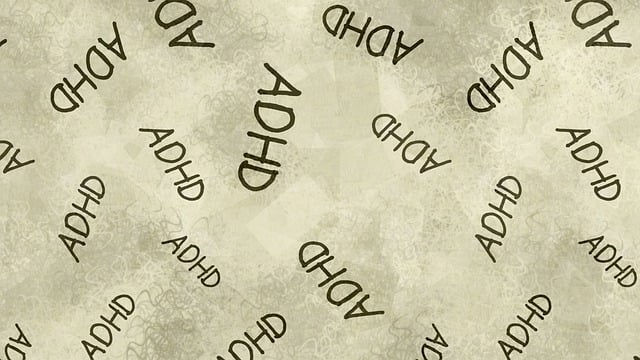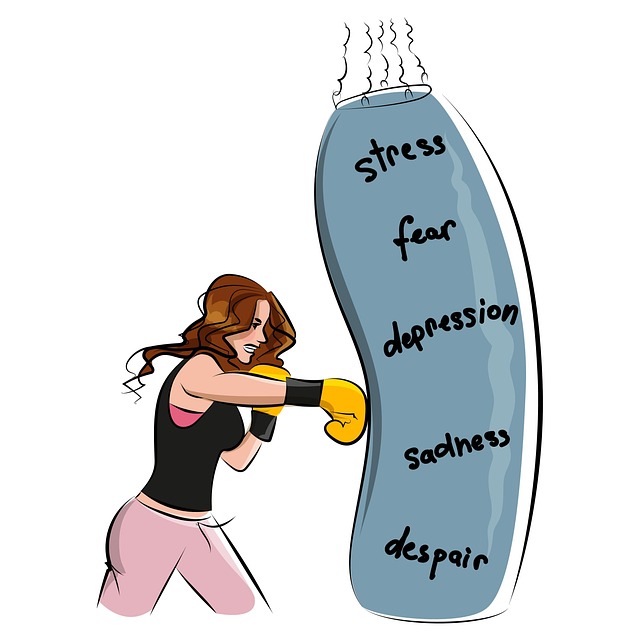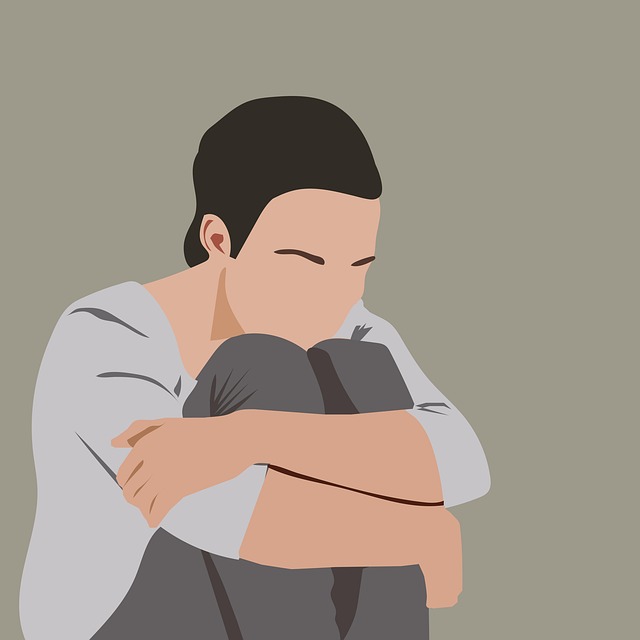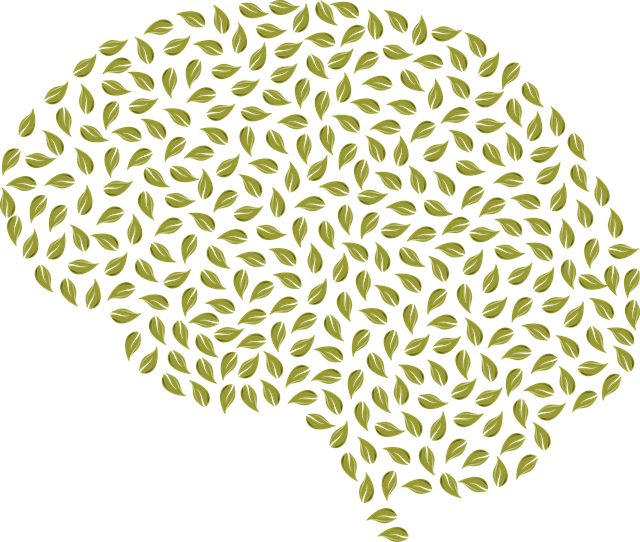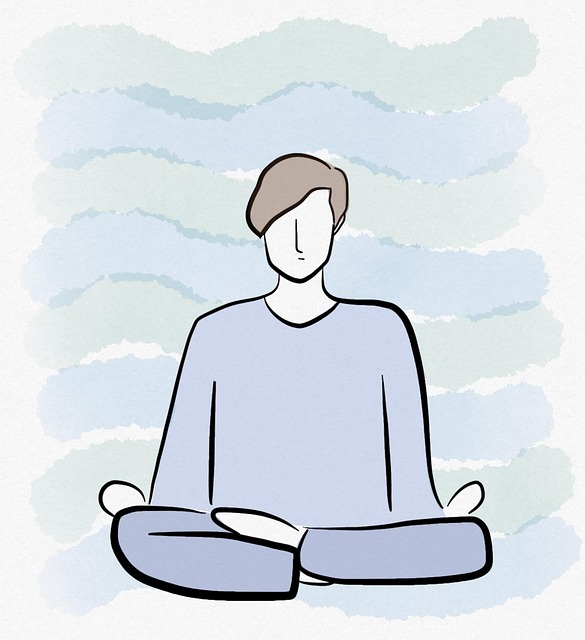Broomfield Biofeedback Therapy offers a holistic approach to building resilience by harnessing the mind-body connection. Through self-awareness exercises, individuals learn to observe bodily sensations without judgment, cultivating compassion and self-acceptance. The RFM model, focusing on rest, response, and movement, provides practical tools for stress management and mental wellness tracking. By clearing mental blocks and fostering a supportive environment, this therapy prepares clients to adopt new coping mechanisms and reduce mental illness stigma. Integrating RFM techniques into daily routines enhances resilience, while structured journaling exercises facilitate progress tracking and self-improvement.
“Uncover the power of resilience with an innovative approach—Broomfield Biofeedback Therapy. This gentle technique focuses on RFM (Rest-Response-Movement) to revolutionize stress management. Our article guides you through this transformative journey, from understanding biofeedback’s science to practical RFM techniques for daily life. Learn how to prepare your mind and body, implement these strategies, and track progress to build long-term resilience using Broomfield Biofeedback Therapy.”
- Understanding Broomfield Biofeedback Therapy: A Gentle Approach to Resilience
- The Role of RFM (Rest-Response-Movement) in Stress Reduction
- Preparing the Mind and Body for Resilience Building Exercises
- Implementing Practical RFM Techniques for Daily Life
- Tracking Progress and Cultivating Long-Term Resilience
Understanding Broomfield Biofeedback Therapy: A Gentle Approach to Resilience

Broomfield Biofeedback Therapy offers a unique and gentle approach to building resilience through an innovative process that leverages the mind-body connection. This therapy is based on the principle that our physical responses influence our emotional state, and by understanding and regulating these responses, individuals can enhance their ability to cope with stress and adversity.
The practice involves guiding clients through self-awareness exercises, encouraging them to observe their bodily sensations without judgment. By cultivating compassion towards oneself during this process, individuals can develop a deeper sense of self-acceptance and improve self-esteem. These compassion cultivation practices are key to Broomfield Biofeedback Therapy, as they foster an environment of safety and openness, enabling clients to explore and navigate their emotional landscapes with increased resilience.
The Role of RFM (Rest-Response-Movement) in Stress Reduction

The RFM model—comprising rest, response, and movement components—has emerged as a powerful tool in stress reduction and mental wellness promotion. This holistic approach, often utilized in Broomfield Biofeedback Therapy, encourages individuals to connect with their bodies’ physical and emotional responses during stressful situations. By focusing on the mind-body connection, RFM techniques help people gain better control over their reactions, fostering resilience and enhancing overall well-being.
This strategy is particularly effective in Mental Illness Stigma Reduction Efforts, as it promotes self-awareness and coping mechanisms that can alleviate symptoms and improve quality of life. Mindfulness Meditation and Mental Wellness Journaling Exercises guided by RFM principles offer practical ways to navigate stress, with the latter helping individuals track their progress and identify triggers. Through these practices, people can develop a deeper understanding of their emotional responses, leading to better management of mental health challenges.
Preparing the Mind and Body for Resilience Building Exercises

Preparing for resilience building exercises involves a holistic approach that integrates both mental and physical aspects. At Broomfield Biofeedback Therapy, we understand that cultivating resilience is not just about external techniques; it starts with an internal shift. Before embarking on any rigorous program, it’s essential to clear mental blocks and reduce the stigma associated with mental illness through increased awareness. This initial phase lays the foundation for participants to embrace emotional regulation strategies effectively.
By addressing underlying psychological barriers and fostering a supportive environment, individuals become more receptive to learning new coping mechanisms. Enhanced mental health awareness encourages participants to view resilience as a skill that can be developed, thereby reducing anxiety and promoting active engagement in the exercises ahead. This preparation is pivotal in ensuring that the subsequent physical exercises are not just performed but internalized for long-lasting benefits.
Implementing Practical RFM Techniques for Daily Life

Incorporating practical Resiliency, Frequency, and Moment (RFM) techniques into daily routines can significantly enhance one’s ability to navigate life’s challenges with resilience. This approach, inspired by Broomfield Biofeedback Therapy, empowers individuals to manage stress and emotional responses more effectively. By focusing on the present moment and cultivating a heightened awareness of bodily sensations, people can develop a stronger connection between their thoughts, emotions, and physical reactions.
For instance, integrating mindfulness meditation into one’s morning routine allows for a calm entry into the day, fostering mental clarity and emotional equilibrium. Similarly, the Mental Wellness Podcast Series Production offers accessible resources for learning techniques to prevent depression and promote overall well-being. These practical tools not only empower individuals but also contribute to building a robust foundation of resilience, enabling them to face life’s curveballs with greater equanimity.
Tracking Progress and Cultivating Long-Term Resilience

Tracking progress is a vital component of any resilience-building program. When implementing exercises like Broomfield Biofeedback Therapy, it’s essential to create measurable goals and milestones. This allows individuals or healthcare providers participating in burnout prevention strategies to evaluate their mental wellness journey effectively. Regular self-assessment through journaling can be a powerful tool; documenting experiences and emotions offers valuable insights into one’s state of mind over time. This practice aligns with the Mind Over Matter principles, fostering an awareness that empowers individuals to adapt and grow.
Cultivating long-term resilience requires consistent effort and commitment. By regularly reviewing progress, participants in these programs can identify patterns, recognize triggers, and develop effective coping mechanisms. The Mental Wellness Journaling Exercise Guidance provides a structured approach, encouraging reflection and self-care practices. This continuous process ensures that the benefits of resilience-building exercises are sustained, enabling individuals to face challenges with enhanced emotional agility and a profound sense of control over their mental health.
Broomfield Biofeedback Therapy offers a gentle yet powerful approach to building resilience through RFM techniques. By integrating rest, response, and movement, individuals can effectively reduce stress and cultivate long-term emotional well-being. Through practical daily exercises, one prepares both mind and body for challenging situations, fostering adaptability and strength. Continuous tracking of progress enables personalized growth, making these techniques a valuable tool for navigating life’s complexities.
